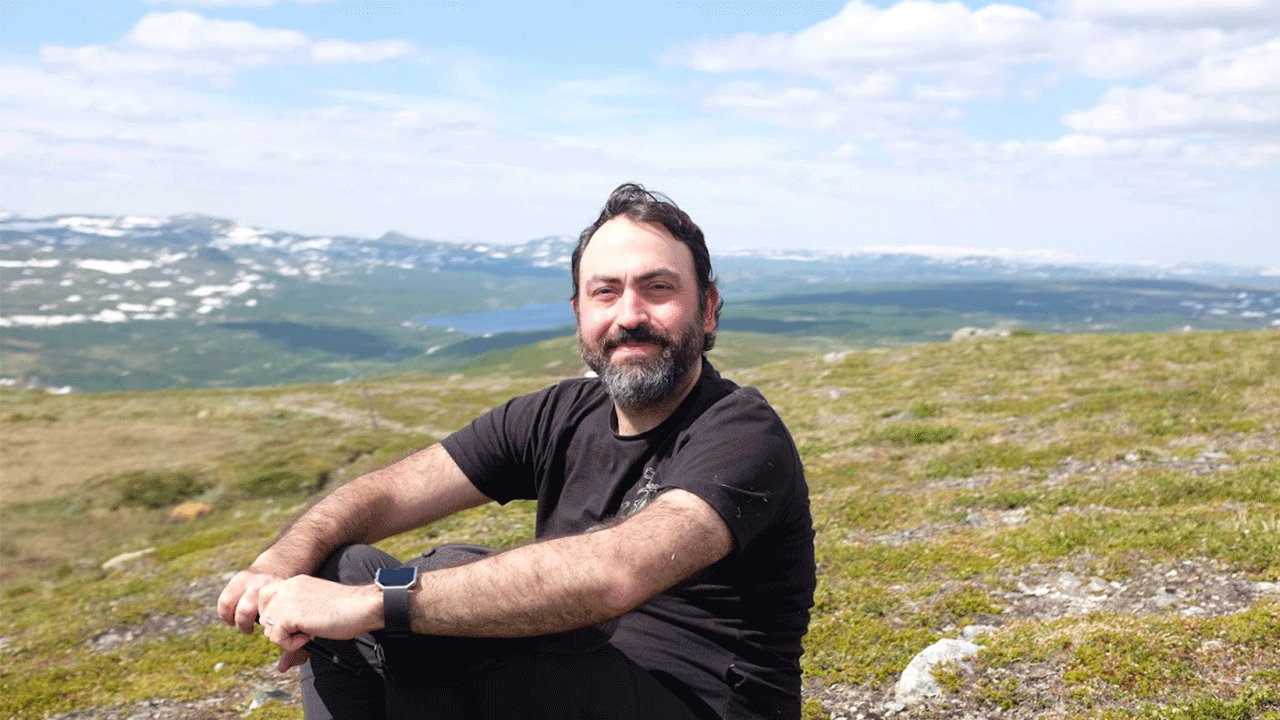Congratulations Amir Payberah!
For the Best Paper Award at ISPA

Amir H. Payberah, Assistant Professor of Computer Science at the Division of Software and Computer Systems, have together with former master student Andrea Nardelli and Professor Vladimir Vlassov, received a best paper award. We have talked to Amir about his research.
The award was given at IEEE International Symposium on Parallel and Distributed Processing with Applications (ISPA) for the work on "Framework-Agnostic Optimisation of Repeated Skewed Joins at Massive Scale".
Briefly, what is your research about?
”I am conducting research in several domains, including scalable machine learning/deep learning, and data-intensive computing platforms. At the moment, together with my students, we are working on three research projects: distributed deep learning, reinforcement learning, and explainability. In the first project, we tackle challenges of training big neural networks using massive training datasets. Two popular approaches are data-parallelisation and model-parallelisation, and we are considering both. In the second project, we are working on generalised reinforcement learning for game playing. Our goal is to train agents that perform well in new games similar to but different from their training environments. The third project is on the topic of explainability, where we want to create a model that generates a text explanation of multi-modal inputs.”
What do you think is the most exciting research going on right now within your field?
”AI systems are becoming more prevalent nowadays, and we are witnessing that many new conferences (e.g., MLSys), workshops (e.g., EuroMLSys), and journals (e.g., JSys) with a focus on this topic are appearing. One of the interesting topics in this domain is scalable platforms for automatically building end-to-end machine learning pipelines, where the researchers are interested in substituting the experts in making the machine learning pipelines with a smart and data-driven component.”
What problems do you hope to solve with your research, in let’s say 5 or 10 years?
”I'd like to enable more people to use AI systems. Nowadays, AI systems are mainly used by AI experts or computer systems experts. There is still a lot of work needed to make these systems available and easy to use across various domains and for all people. I hope in the near future, you do not need to necessarily be an AI expert to take advantage of these powerful models, and I'd be happy if my research results can pave the way towards this goal.”

